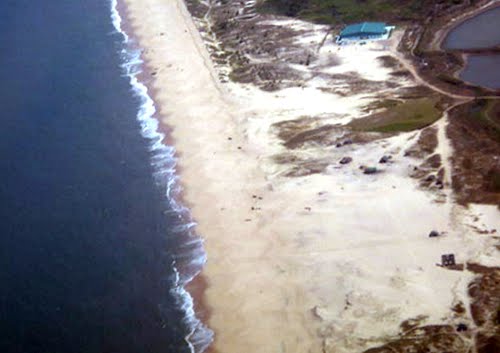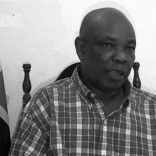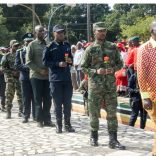Mozambique: Former Renamo guerrilla leader Timosse Maquinze dies
Maritime surveillance: MPs analyse land occupation by FADM in Beira – Mozambique

mz.geoview.info / Aerial view of Régulo Luís beach, in Beira
The Mozambican Parliament’s Commission of Petitions, Charges and Complaints was yesterday and the day before in Beira hearing the petitioners and entities concerned in the case of occupation of land in Régulo Luís, outside the capital of Sofala, involving the Armed Defence Forces of Mozambique (FADM), which allegedly seized a lot from residents to install maritime surveillance equipment.
The six-member team of parliamentarians was on a fact-finding mission in the central region of the country and will hear the petitioners, including the residents, as well as the government entities involved in the case. The group also held a courtesy meeting with the Sofala governor, Maria Helena Taipo.
FADM’s occupation of land in Régulo Luís is included in the list of three relevant petitions and five entities that the CPQR will hear in Sofala, Viena Magalhães, chair of the commission, revealed on Monday at a press conference in Beira.
Magalhães said that from July of last year and April of 2017 the province of Sofala sent a total of ten petitions, most of which, in common with the rest of the country, have to do with land and labour conflicts.
“One of the cases that we are going to hear today and tomorrow comes from the scope of the political-military tension in which the FADM occupied a plot for the installation of a technical radio and, for this to be done, the residents were removed from the place. This petition was sent by the residents, who demand that they be given other property or be compensated,” Magalhães said, noting that, in addition to the petitioners, the commission would hear five government entities to better understand the case.
Magalhães explained that the other petitions have to do with issues of labour disputes that result from the expulsion and undue discount by the bank.
“One of the petitioners believes that the compensation proceedings arising from his expulsion have suffered irregularities and is asking for readjustment. The other case has to do with tax and financial law issues in which a citizen thinks that he has been improperly charged by the bank for the use of the credit card,” Magalhães said.
After consultations, the CPQR will prepare a report that will be presented for the purpose of arrived at a determination either by the commission or by a plenary session of parliament, if necessary.












Leave a Reply
Be the First to Comment!
You must be logged in to post a comment.
You must be logged in to post a comment.